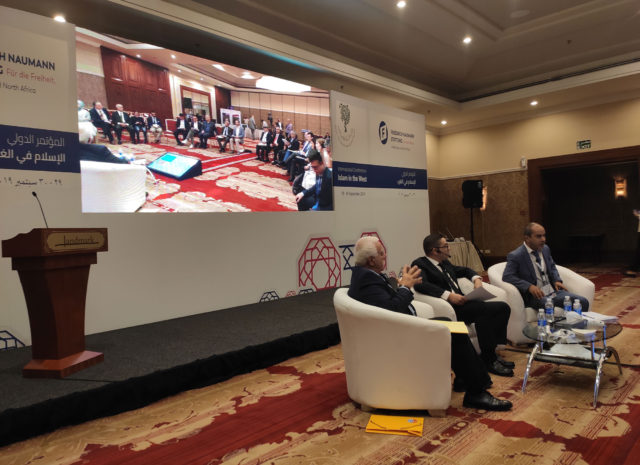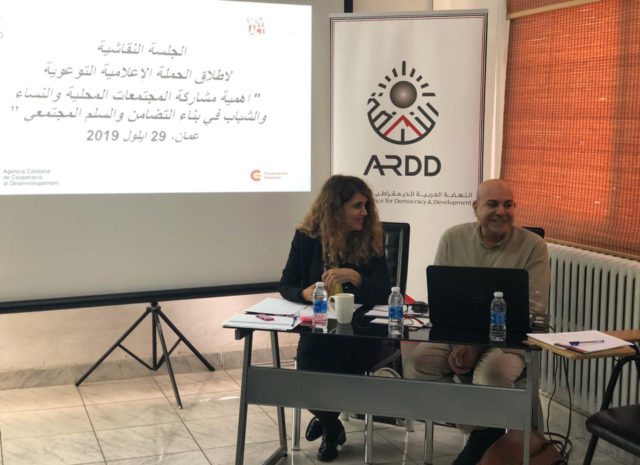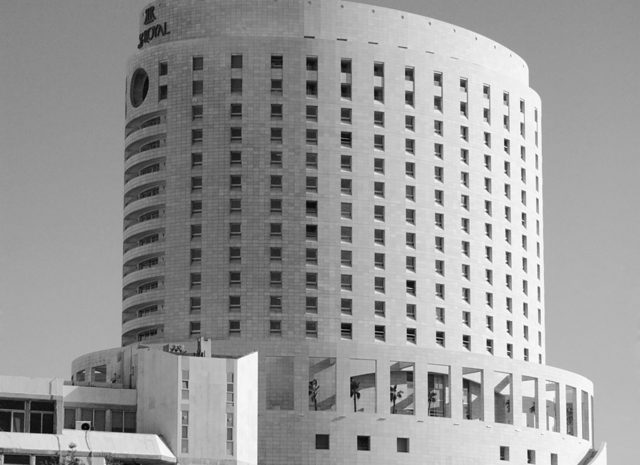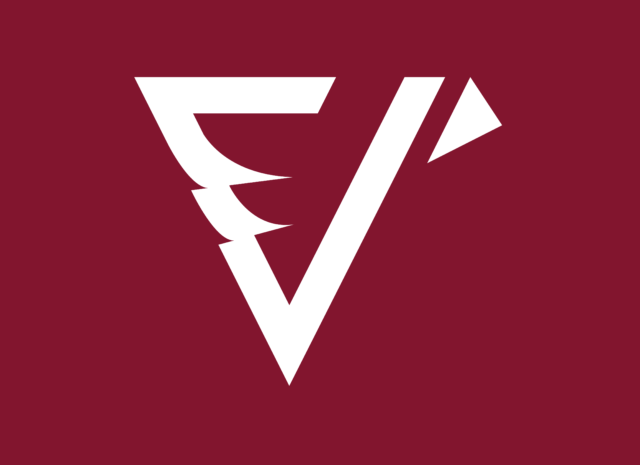The 12th of May Novact organized a roundtable discussion celebrated in the Cervantes Institute in Amman. This event aimed to contribute to the dialogue in the framework of the Jordanian National Action Plan on Women, Peace and Security according to the UNSCR 1325. Especially for the implementation of its second strategic objective, this is to achieve a meaningful participation of women in combating violent extremism and in national and regional peacebuilding.
The participants of this seminar were representatives of the Arab Renaissance for Democracy and Development, Novact, the Spanish Agency for International Development Cooperation (AECID), the Jordanian National Commission for Women as well as the different stakeholders, among which the PVE unit of the Jordanian Government, practitioners of Jordanian and International Civil Society, researches from universities, think tanks and representatives of UN agencies and embassies.
The session was opened by the director of the ARDD, Samar Muhareb, who encouraged the participants to contribute with every input, criticism or comments to the presentations to gain an added value for research. Then, the Co-Director of Novact, Luca Gervasoni, put the emphasis in how strong the commitment of all participants was in supporting the implementation of UN Agenda on Women Peace and Security. To conclude the opening of the session, the representative of AECID, Vicente Ortega underlined the crucial role of Novact and ARDD in fighting every kind of extremism all around the globe. Before the break time, Muin Khoury, senior researcher and consultant of ARDD introduced and conducted the results of the survey ‘’Women in the context of peace building and conflict resolution in Jordan’’, whose objective was to establish weather Jordanian women are enabled to play a positive role in conflict resolution, home and community pace building and in social resilience. And then, Gervasoni conducted an open discussion about the doubts and questions related to the current situation in Jordan. After the break, Dr. Salma Nims from JNCW leaded the panel by presenting briefly the current situation in Jordan compared with the objectives of JONAP. She highlighted the importance of eradicating the conditions that undermine the role of women and therefore how to support women by adopting culturally sensitive actions and speaking about gender justice. She concluded that the role of civil society is to construct spaces of discussion dealing with both women and youth issues in order to move forward. Afterwards, Samar Muhareb opened the debate and asked participants to express some ways to implement JONAP on the ground level. Here, participants stressed the importance of awareness-raising and capacity-building targeting local communities and local women leaders.



